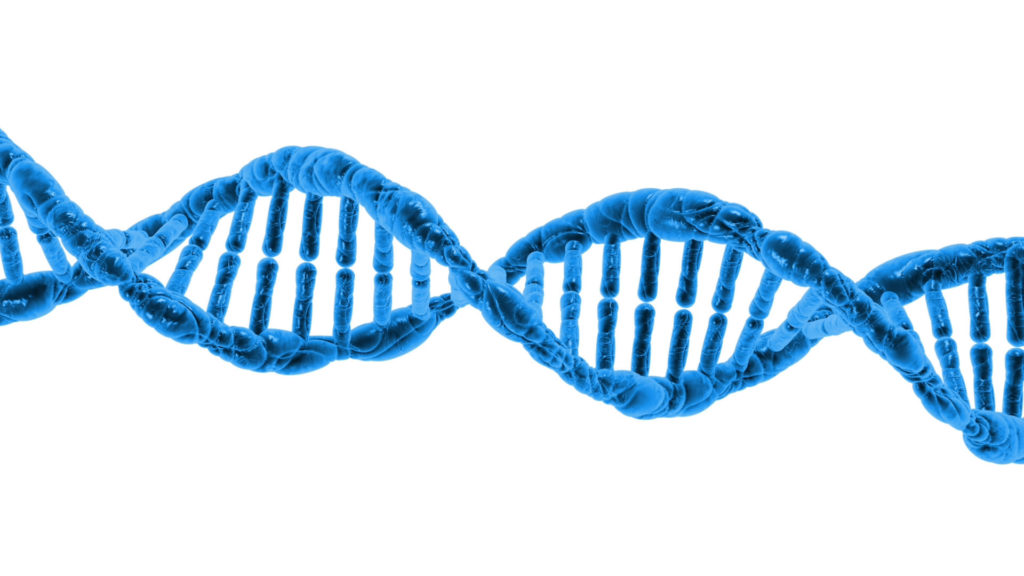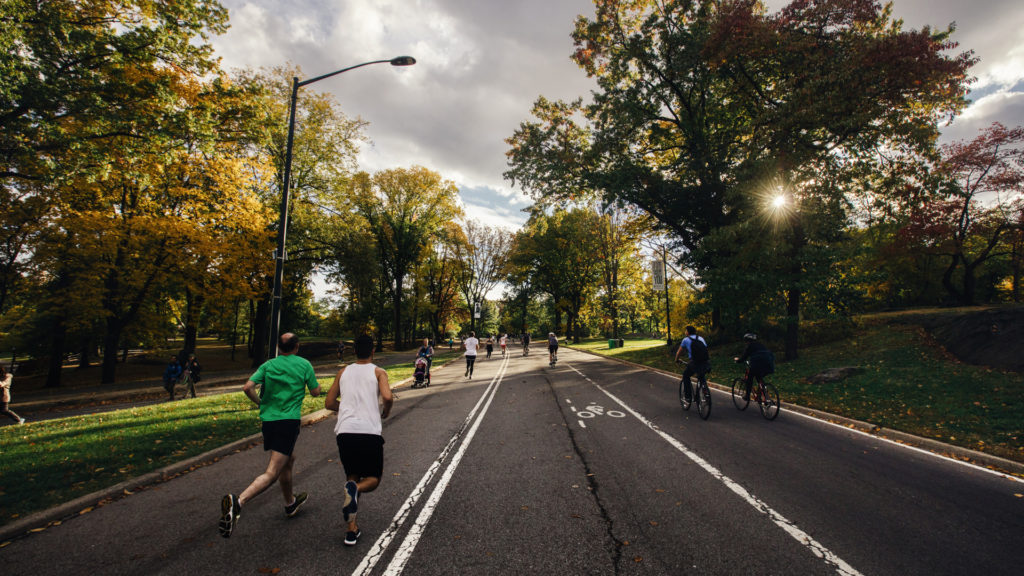What will the next 150 years bring for the College of Health and Human Sciences?
The sesquicentennial celebration marks a time for Purdue to renew its commitment to growth, discovery and innovation. What giant leaps will the next 150 years bring as Purdue continues its drive to meet the world’s future challenges? In this new monthly Purdue Today series, Purdue’s deans will share their thoughts on the future of their college over the next 150 years. The series continues with Marion K. Underwood, dean of the College of Health and Human Sciences (HHS).
What will the next 150 years bring for the College of Health and Human Sciences?
By Marion Underwood, Ph.D., Dean of HHS, Professor of Psychological Sciences
In the next 150 years, the College of Health and Human Sciences will continue to envision a world where we all practice hospitality in the deepest sense of that word, the ability to welcome strangers, where everyone understands that health and quality of life requires so much more than medicine, where many forms of disease can be prevented, and where mental illness will no longer carry a stigma and broad ranges of human differences are embraced.
The College of Health and Human Sciences of the future will prioritize preparing students for careers they do not know exist by teaching them to write forcefully and to synthesize overwhelming amounts of information to make informed decisions to improve the quality of human lives. Academic units and programs of study will become more interdisciplinary as we collaborate with bioengineers and geneticists and data scientists in our quest to make lives better.

Giant Leaps to improve quality of human life
The future will be created by generations of minds creating solutions to problems as yet undetected, and envisioning possibilities beyond our wildest imaginations. As a college focused on improving the quality of human lives, in 150 years HHS will likely be making giant leaps in epigenetics, bioengineering and preventive medicine, and using technology to deliver health care and extension resources to Indiana and beyond. None of these advances will be possible or meaningful without training human beings to create and make meaning of information and technology and without understanding the human and environmental factors that shape our destiny. The field of epigenetics teaches us that our genetic endowment both influences and is influenced by our environment to guide the manner in which our genes are expressed and that this expression can be altered throughout our lives and passed on to subsequent generations.
The College of Health and Human Sciences will continue to discover and support the fundamental importance of human relationships for positive human development, resilience, and mental health. Fully realizing the potential of epigenetics and preventive medicine will require a deep understanding of how our family, peer and romantic relationships shape our developmental trajectories, for better or worse.
The College of Health and Human Sciences will train thought leaders to harness technology to enhance quality of life and health. New technologies will continue to develop so quickly that devices will come into existence before there has been time for careful deliberation about how they will be used. HHS will train thought leaders to develop tools and strategies for using technology to improve health, patient care and quality of life.

The College of Health and Human Sciences will continue to train practitioners and scientists to understand the role of lifestyle choices and exposures in determining the extent to which our genes will be expressed. Physical activity, nutrition, and exposure to or protections from toxins influence the extent to which our genetic risk or resilience will be expressed in the form of health or disease. Our best hope of promoting health will continue to be to develop strategies for helping human beings make optimal lifestyle choices.
The College of Health and Human Sciences will train thought leaders and practitioners to promote vital longevity. Life expectancy will likely continue to rise, but for human beings to enjoy longer periods of high quality of life will require creating new types of experiences and living environments, strategies for financial planning, technologies that are compatible with aging bodies and minds, and support for the types of enduring relationships necessary to make human lives rich and meaningful.